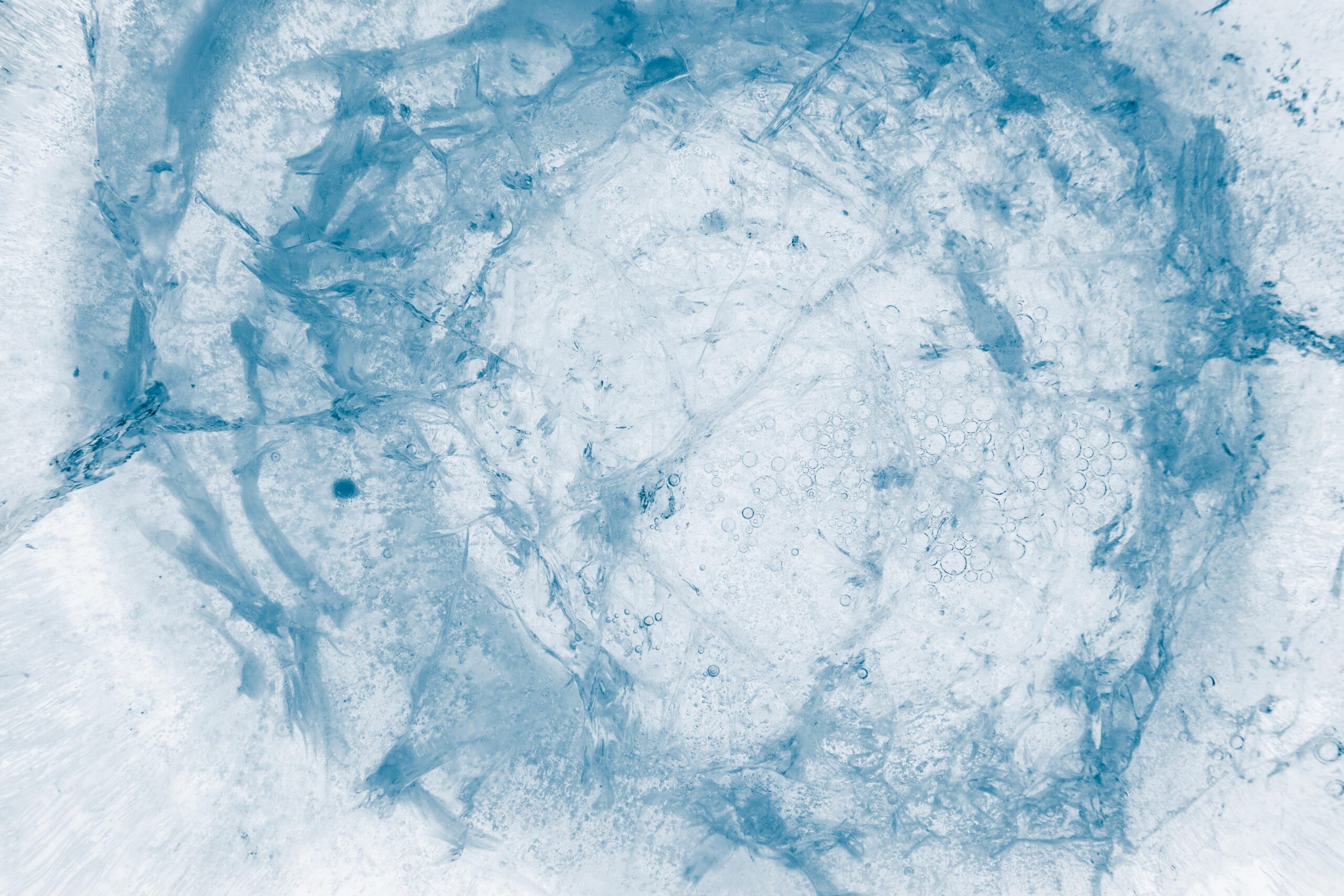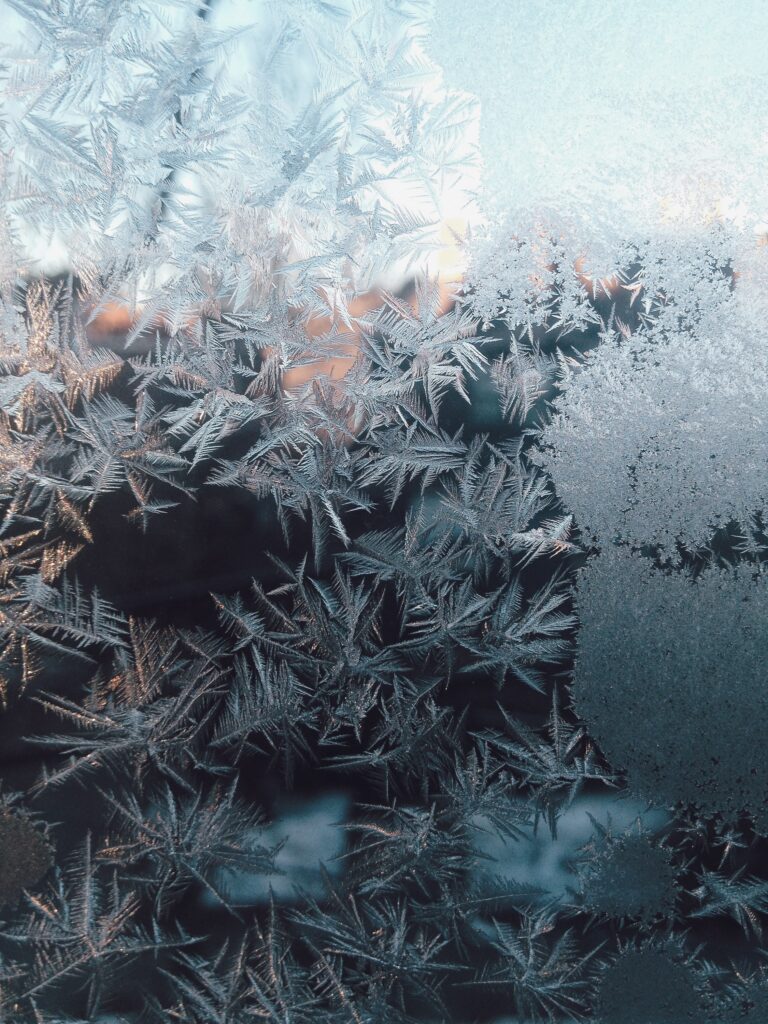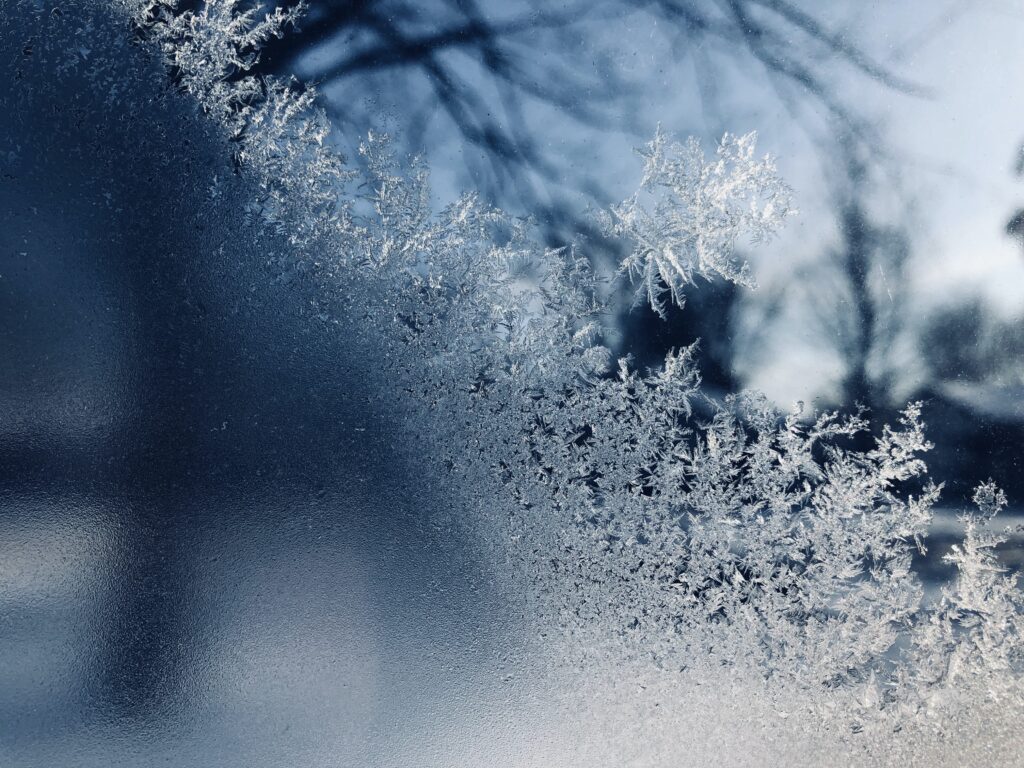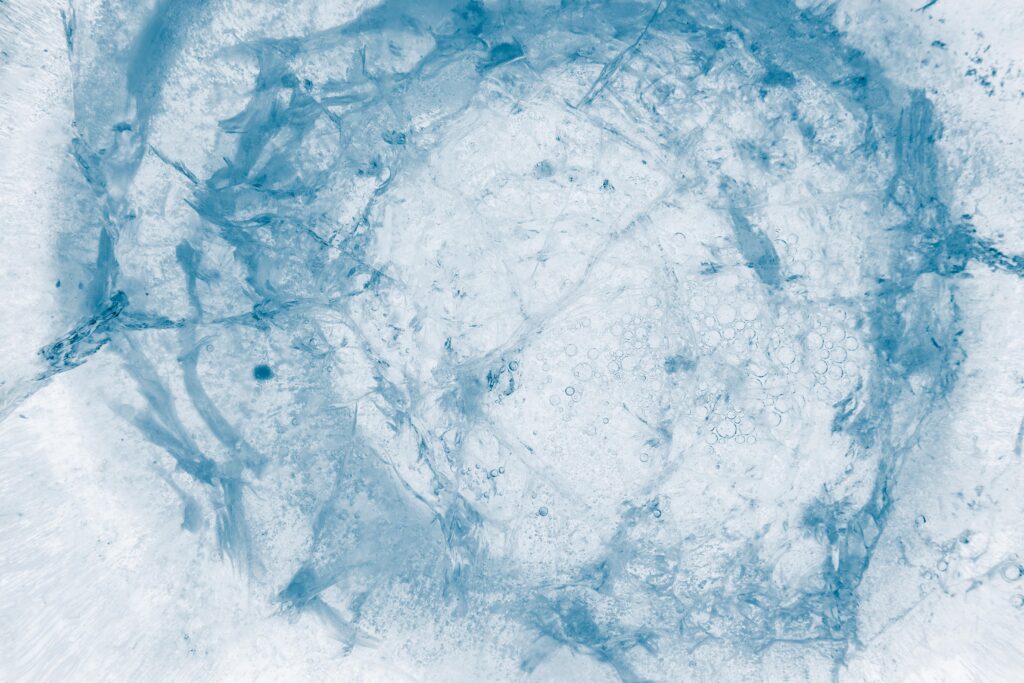Do above ground pools freeze? If you’ve ever wondered about the fate of your pool during those frosty winter months, you’re not alone. Many pool owners are unsure whether above ground pools are at risk of freezing and, if so, what steps they should take to prevent any damage. In this article, we will explore the freezing potential of above ground pools and provide you with some helpful tips to keep your pool safe during the colder seasons. So, let’s jump right in and discover the truth about above ground pools and freezing temperatures.
This image is property of images.unsplash.com.
Overview
What are above ground pools?
Above ground pools are freestanding swimming pools that are typically installed on top of the ground rather than being dug into the ground like in-ground pools. They are a popular choice for homeowners who want to enjoy the benefits of having a pool without the expensive and time-consuming installation process.
What happens when pools freeze?
When above ground pools freeze, several issues can arise. The most obvious is the formation of ice on the surface of the pool, which can cause structural damage or even a complete collapse if the ice becomes too heavy. Additionally, freezing temperatures can also affect the pool’s components, such as the filtration system and plumbing, leading to potential damage and costly repairs. It’s important to understand the factors that contribute to pool freezing and take preventive measures to avoid these issues.
Factors Affecting Freezing
Pool construction material
The material of an above ground pool can play a significant role in its susceptibility to freezing. Pools made of metals or hard plastics are generally more resistant to freezing than those made of softer plastics. Metal pools, such as those made of aluminum or steel, have the advantage of conducting heat more efficiently, which helps prevent freezing. On the other hand, pools made of soft plastics may be more prone to cracking or deformation due to the expansion of frozen water.
Pool location
The location of the pool within your property also affects its vulnerability to freezing. Pools located in areas exposed to strong winds or lacking sheltering structures are at a higher risk of freezing. Cold air can easily penetrate the pool water’s surface, thus increasing the likelihood of freezing. Additionally, if your pool is located in a shaded area that receives less sunlight during the day, this can contribute to colder water temperatures and an increased risk of freezing.
Pool cover usage
Using a pool cover during the winter months is an effective way to prevent freezing. A pool cover acts as a barrier, blocking cold air from coming into direct contact with the water surface and insulating the pool against temperature drops. By keeping debris out of the pool and acting as a shield against wind, a pool cover not only helps maintain water quality but also reduces the risk of freezing.
Water chemistry
Maintaining proper water chemistry is crucial for preventing freezing in above ground pools. The freezing point of water is affected by its chemical composition, and maintaining a balanced pool chemistry will help keep the water from freezing. It is important to regularly test and adjust the pH and alkalinity levels, as well as to add appropriate amounts of sanitizer and algaecide. By ensuring the water chemistry remains within the recommended ranges, you can effectively reduce the risk of freezing.
Preventing Freezing
Winterizing the pool
Winterizing your above ground pool is a crucial step in preventing freezing. This process involves draining the pool to a safe level, removing all debris, and properly storing equipment such as ladders and skimmers. Additionally, winterizing chemicals should be added to the pool to prevent algae growth and ensure the water remains clean and balanced throughout the winter months. By following a comprehensive winterization procedure, you can significantly minimize the risk of freezing and protect your pool from potential damage.
Using a pool heater
Another effective method to prevent freezing in above ground pools is to utilize a pool heater. Pool heaters are designed to maintain the water temperature at a desired level, even in cold weather conditions. By keeping the water consistently warm, a pool heater eliminates the risk of freezing and allows you to continue enjoying your pool year-round. While pool heaters may have an increased energy cost, they offer the advantage of convenience and peace of mind.
Insulating the pool
Insulating your above ground pool can provide an additional layer of protection against freezing temperatures. Insulation materials, such as foam boards or insulating blankets, can be installed around the walls and bottom of the pool to minimize heat loss and maintain warmer water temperatures. By reducing heat transfer to the surrounding environment, insulation helps retain the pool’s heat and prevents freezing. This method is especially beneficial for pools located in colder climates or areas with prolonged winter seasons.
Signs of Freezing
Visible ice formation
One of the most apparent signs of a frozen above ground pool is the formation of ice on the water surface. Ice can vary in thickness and coverage, and it is essential to address it promptly to prevent further damage. If you notice ice forming on your pool, it is crucial to take action immediately to thaw the frozen water and prevent potential structural damage.
Damage to pool components
Freezing temperatures can also lead to damage to the pool’s components, such as the filtration system, plumbing, and skimmer. When water freezes, it expands, putting pressure on these components and potentially causing them to crack or rupture. If you observe any signs of damage, such as leaking or broken parts, it is essential to address the issue promptly to prevent further complications and costly repairs.
Decreased water temperature
A significant drop in your pool’s water temperature can also indicate the possibility of freezing. If you regularly monitor the water temperature and notice a sudden decrease, it is essential to investigate the cause. Freezing temperatures can cause water to become colder than the desired swimming temperature. Taking immediate action to prevent further cooling or freezing is crucial to protect the pool and maintain its usability.
This image is property of images.unsplash.com.
Thawing a Frozen Pool
Safety considerations
Thawing a frozen above ground pool requires careful attention to safety considerations. Before attempting to thaw the frozen water, it is crucial to turn off all electrical equipment, such as the pool pump and heater, to reduce the risk of electrical shock. Additionally, it is advisable to wear appropriate protective gear, such as gloves and eyewear, to prevent injury during the thawing process. Prioritizing safety will ensure a smooth and incident-free thawing experience.
Using a pool cover
One method to help thaw a frozen pool is by using a pool cover. Removing as much snow and ice from the pool cover as possible will allow the sunlight to reach the surface and generate heat, aiding in the thawing process. It is essential to be patient during this process, as it may take some time for the ice to melt completely. Avoid using sharp objects or excessive force to remove the ice, as this can damage the pool cover or pool liner.
Using a pool heater
Another option to thaw a frozen above ground pool is to utilize a pool heater. By running the pool heater, you can gradually increase the water temperature, which will aid in melting the ice. It is important to note that this method may take longer than using a pool cover, and it may also incur additional energy costs. However, a pool heater offers precise temperature control and can be an effective solution for thawing a frozen pool.
Common Questions
Can partially drained pools freeze?
Yes, partially drained above ground pools can still freeze. Even if there is only a small amount of water left in the pool, it can still freeze during cold temperatures. It is crucial to fully winterize the pool and ensure the water level is below the recommended level to prevent freezing and potential damage.
Can pools freeze in warmer climates?
While freezing temperatures are less common in warmer climates, it is still possible for above ground pools to freeze. Sudden drops in temperature during the winter months can cause the water in the pool to freeze, regardless of the average climate. It is important to take preventive measures, such as winterizing the pool and using a pool cover or heater, to avoid freezing in warmer climates as well.
Can pool equipment freeze?
Yes, pool equipment, such as the filtration system, plumbing, and skimmer, can freeze if not properly protected. It is essential to winterize the pool and take precautions to prevent freezing of the equipment. Emptying the equipment of any residual water and using insulating materials can help protect against freezing temperatures and potential damage.
This image is property of images.unsplash.com.
Conclusion
In conclusion, understanding the factors that contribute to above ground pool freezing and taking preventive measures is crucial for maintaining the longevity and usability of your pool. By considering the pool’s construction material, location, and the use of a pool cover, you can effectively reduce the risk of freezing. Proper water chemistry maintenance, winterization, and the use of pool heaters or insulation further enhance the protection against freezing. Monitoring for signs of freezing and taking action promptly can prevent costly damage to pool components. By implementing these preventive strategies, you can ensure that your above ground pool remains enjoyable year-round, regardless of the outside temperature.







